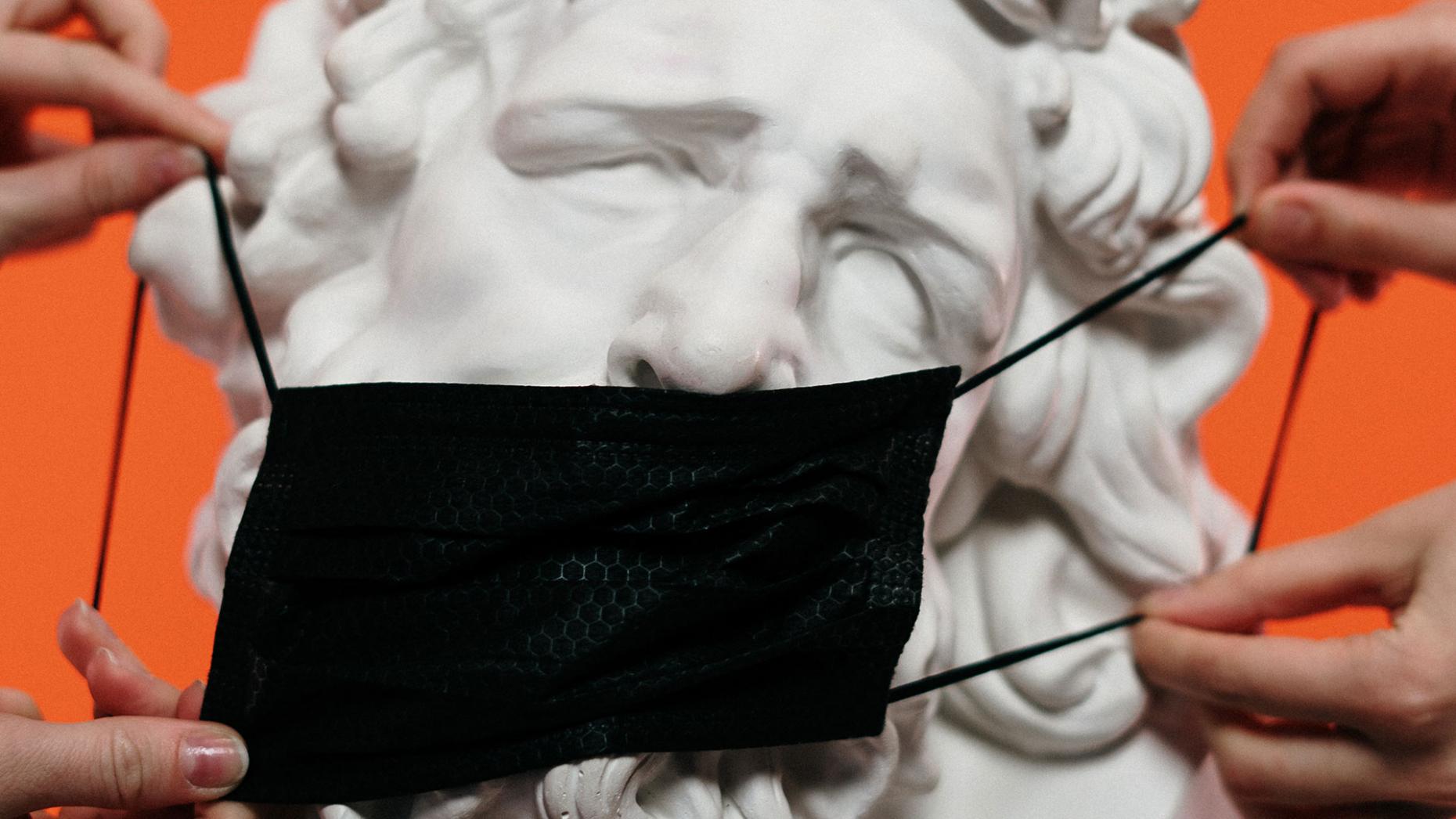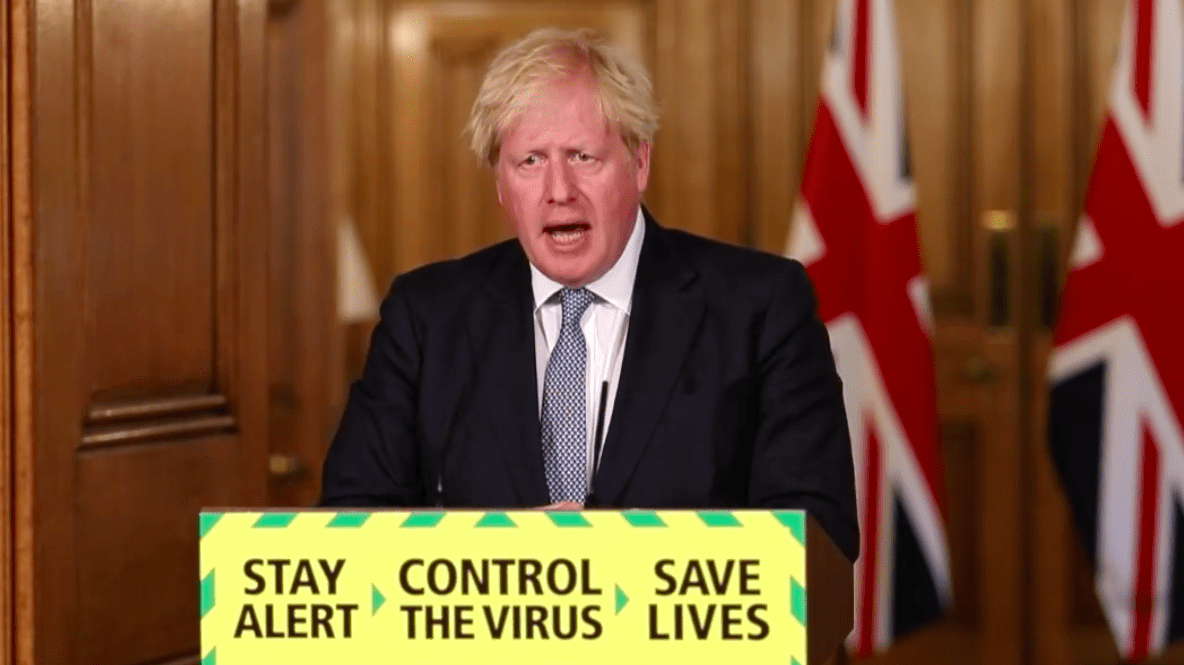A document has been leaked to The Sun by remarkable coincidence in the week when Brexit deal talks appear to have stalled yet again, and the possibility of a ‘2nd wave’ of COVID-19 is struggling to command the headlines.
The paper entitled Preliminary set of Reasonable Worst case Scenario Planning assumptions to support civil contingencies planning for the end of the Transition Period (July 2020) and marked ‘Official Sensitive’ is remarkable not only for the poor grammar in its title but for the catastrophic doomsday scenario it paints for the coming new year.
Not that we have not heard this before of course, and not that it is the first time this kind of material has been leaked.
The picture is one of the perfect storm of a deadly 2nd wave of COVID-19, accompanied by floods and exacerbated by a bitter and acrimonious trade war with our former partners in the EU. Power and petrol shortages, port blockades caused by tariffs, pitch battles at sea between British fishing vessels and illegal EU fishing boats, involving intervention from the Royal Navy.
Local authorities going bust and troops on the streets quelling public disorder while a shortage of medicines is accompanied by animal diseases sweeping the country. Yet another disaster scenario of epic, indeed biblical proportions. We are reassured of course that this is a worst case scenario and that it shows us the government is ready for all catastrophes.
If that were true, of course, at least that would be a change — sadly the existence of the document and its inevitable ‘leaking’ are not. It is a mystery why documents such as this ‘officially sensitive’ one always… always find themselves published in the mainstream media. In any case, what is it in such a paper that needs to be kept from the British public in the first place. If this Armageddon scenario is facing us, don’t we have a right to know without relying on the inevitable leak?
This document has not of course been ‘leaked’, it has been sort of ever so slightly deliberately put in the public domain by its originators while the Cabinet who commissioned it turn a blind eye to what they know was inevitable. Of course, we will hear the faux outrage and the determination to find who leaked it, and then it will go quiet until the next doomsday script is drafted for immediate leakage.
The question is what is the purpose of endless planning for worst case scenarios when in the main there is little evidence of planning for the best, or even ordinary case scenarios? People have a perfect right to ask why so much time, effort and taxpayers money is spent on planning for the worst, only to see failings in dealing with dangerous scenarios when they do actually happen. Apparently every developed country in the world including the UK has had for years a contingency plan for a pandemic, then come the pandemic and those plans are either abandoned, forgotten about or rewritten.
So we might be facing a 21st century version of the ten plagues of Egypt come the new year, give or take a few. The frogs are not likely to appear, pesticides and pollution have done for them. Not much chance of locusts either, they are ravaging parts of the world since January, but the UK is not conducive to locust comfort. We had the livestock pestilence some years ago when a former government thought it safe to allow cattle to eat dead sheep and be injected with hormones. Boils, no, we are all too saturated with antibiotics for that.
We can leave the rest to the imagination. Let’s hope though it is not as vivid as the imagination of the drafters of the ‘leaked’ document, who it seems at times to relish the possibility of such calamities. We should however be asking ourselves, what is the real purpose of such documents and their terrible propensity for leaking? Is it really to prepare for the worst or more likely another platform for grandstanding?
The British people voted for Brexit over four years ago, even those of us who wanted to remain consider that maintaining democracy is far more important than maintaining a political union with our trading partners. If economic damage is a consequence of Brexit, the consequence of ignoring a democratic vote would be far worse in ‘worst case’ scenario terms.
Coronavirus is a naturally occurring event and we have known that a pandemic was inevitable since we started recording them centuries ago. Even if this one could have been prevented, which is unlikely, there will be other ones down the line. If there is a second wave. let’s hope we manage it better than we did the first one, there is no need for worst case scenario planning there, just better planning all round.
Floods are a product of climate change and very poor planning and development strategies over decades. Do the Cabinet Office EU Transition Task Force really think they can sort that out by drafting another disaster movie script?
As for troops on the streets, if we deployed our entire armed forces, reserves and World War Two re-enactor clubs, we might manage one soldier for every three streets in the UK. The Navy are likely to be unimpressed by engaging a fleet of French and Spanish lobster boats, it’s hardly the spirit of Trafalgar.
Coming back to the worst case scenario model, we might be inclined towards second thoughts when we consider the recent fiasco of the school exam results. We could have more confidence in government disaster planning if we saw some proper management of disasters that are taking place, as opposed to those that likely will not.







